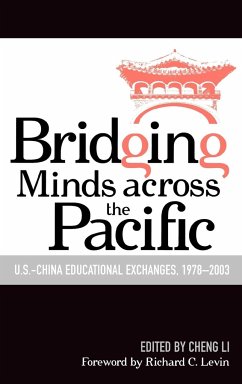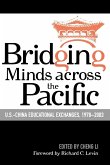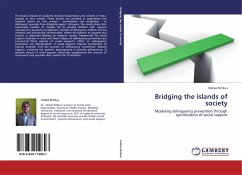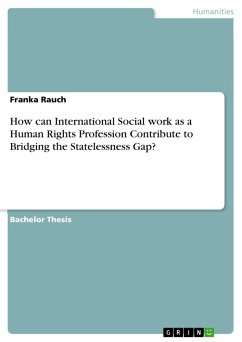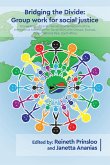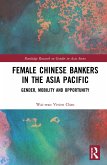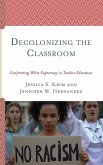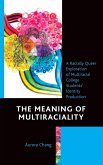Bridging Minds Across the Pacific offers new insight into U.S.-China relations by looking at the far-reaching dynamics of educational exchanges between these two countries in the last twenty-five years. Cheng Li and this volume's distinguished contributors focus on the important role played by U.S.-educated Chinese returnees in their home country's social science curriculum development, program-building, and research, and in public policy formation.
Hinweis: Dieser Artikel kann nur an eine deutsche Lieferadresse ausgeliefert werden.
Hinweis: Dieser Artikel kann nur an eine deutsche Lieferadresse ausgeliefert werden.
Dr. Cheng Li, a leading scholar on China and the United States, has edited this penetrating and comprehensive book on U.S.-China educational exchanges with its enormous impact on China as well as its limits and problems. It is a must-read for anyone interested in this most important relationship. -- James R. Lilley, American Enterprise Institute, formerly U.S. Ambassador to China and Korea In 1979, President Jimmy Carter expressed the hope that educational exchanges between the United States and China, which were just beginning, would become 'a routine part of the everyday life of both the American and Chinese people.' Carter's wish, shared by China's Deng Xiaoping, has been realized. This outstanding collection of essays is the story of twenty-five years of educational exchanges that have contributed to the development of U.S.-China relations, but more importantly have been a major factor in the profound normative changes in China since Deng's 'Reform and Opening' began. -- John L. Holden, president, National Committee on U.S.-China Relations We owe a debt of gratitude to Cheng Li and his colleagues for focusing attention on an often neglected but increasingly important dimension of U.S.-China relations, and for doing so in a comprehensive, interdisciplinary, and historically rooted manner that recognizes both the problems and the promise of transnational educational exchange. -- Peter F. Geithner, Harvard University Asia Center, formerly founding director of the Ford Foundation in China Brilliant students from China have taken doctorates in the United States, while relatively few Americans have studied language in China. How has educational exchange affected both countries? What recent cracks have appeared in the educational bridge? This book is the first to provide detailed statistical and narrative accounts to answer such questions-and to link the answers to constructivist theory in international relations. Anyone interested in China or Sino-American relations should read this wonderful book. -- Lynn T. White, Princeton University In the twenty-five years since China opened up, 700,000 Chinese have traveled abroad to study; 172,000 have already returned. This book is the best account yet of this intellectual interchange that has brought not a clash but a dialogue between civilizations. The result: a renaissance of intellectual life that has led China to stop promoting revolutions and instead promote trade, investment, and international conferences. -- Ezra F. Vogel, Harvard University

